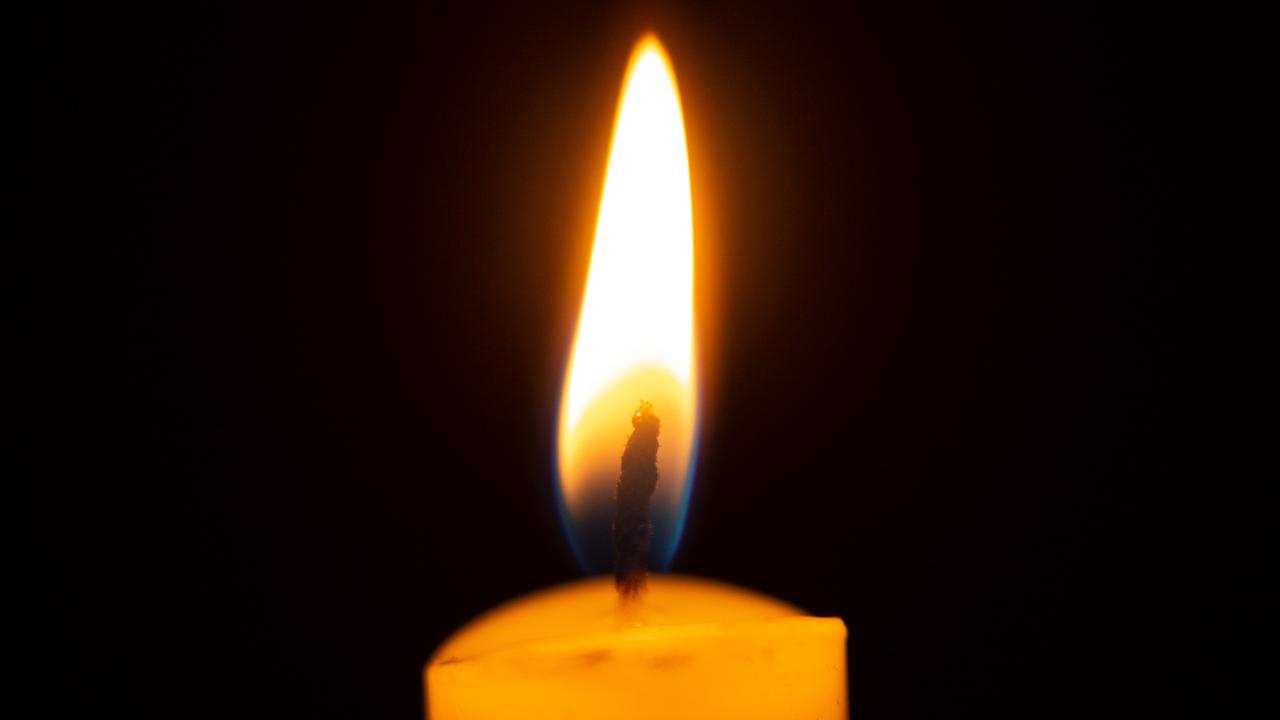Lieutenant General William Birdwood, hero of the Gallipoli campaign, gave the Anzacs their name
THEY called him ‘Birdy’, and amid the disaster of the Gallipoli campaign, he is remembered for one significant accomplishment, for which countless men owed him their lives.

ANZAC Centenary
Don't miss out on the headlines from ANZAC Centenary. Followed categories will be added to My News.
EXCLUSIVE
HE gave the Anzacs their name, popularised the term Digger and was one of the few Brits on the battlefield the Aussies respected, particularly after he finally got them off the Gallipoli peninsula without a single loss of life.
But the family of Lieutenant General William Birdwood said it was his common touch in the trenches more than his strategy that earned him admiration and it would have been his wish his men were honoured rather than he on this 100-year anniversary of the bloody campaign.
Birdie, as he was affectionately known, formed the Australian and New Zealand Army Corp in December 1914 and commanded them right through the Gallipoli campaign and later in France leading all five divisions of the AIF.

But it was in Gallipoli he won respect and affection by basing his headquarters on the frontline at Anzac Cove where he would regularly walk the trenches and talk to the troops, an uncommon trait at the time by British officers.
“He was a very modest man and had the ability to get on with a dustman or a duke,” his great nephew retired Lieutenant Colonel Gordon Birdwood told News Corp Australia yesterday ahead of commemorations this month.

“I think he was modest and had a sort of way which was reciprocated on both sides of getting on extremely well with the Anzacs. It was extraordinary how this one major general at the time, of which there must have been many during the First World War, this particular man called Birdwood seemed to come out above the others in that everybody knew his name. He had a good common touch that other major generals perhaps did not have.”
“He was described as the soul of Anzac which I think he had some difficulty coming to terms with because he felt in fact the real hero were the Anzacs themselves.”

Lt Colonel Birdwood, who commanded a regiment of the Household Cavalry like his great uncle did and is Senior Gentleman Usher to Her Majesty the Queen, said from the stories he was told by his parents who were close to Birdie, his relative also had a genuine affection for Australians and their approach to life and death.
He said he was an inspirational character even for Birdwood descendants, himself included.
“He in fact determined the rest of my life because he was the colonel of the Royal Horseguards, the Blues, of the Household Cavalry and as a result I joined the Household Cavalry too and commanded my regiment and as a direct result of his influence on me that I decided to carve out a military career,” he said.

“And I never had a chance to thank him for it. He was really an extraordinary man.
He wasn’t a straightforward major general. He was certainly one of (Lord) Kitchener’s most favoured generals but he wasn’t a great strategist I don’t think, I think he was a leader and his headquarters were right upfront on the (Anzac) Cove and he wanted to be with his soldiers more than his counterparts who were one step removed, maybe even on a ship commanding from a distance. He had his headquarters right upfront and indeed got wounded when shrapnel hit his head. The best way he felt he could lead was to be among his soldiers and he could actually see what they were made of and capable of doing and see what was possible or not.”

Birdwood had been credited with coining the term Digger after he ordered the Australian forces to “dig, dig, dig” into the impossible cliff face of the beach he would later call Anzac Cove.
After the war Birdwood toured Australia to great acclaim and with the backing of the king, had hoped to become the next governor-general but the then Labor government thought that even though he was greatly admired by Australians, in the spirit of Anzac the nation needed an Australian to represent the head of state.
In 1938 in recognition of his success the palace gave him peerage naming him Baronet of Anzac. He died in 1951 and in continued honour of his kinship, the Australian government still pays for the upkeep of his grave in Twickenham in south west London.
Originally published as Lieutenant General William Birdwood, hero of the Gallipoli campaign, gave the Anzacs their name


